Dr. Anna Erat is a renowned physician, educator, and former medical director with a unique blend of expertise in internal and sports medicine, preventive healthcare, and longevity science, inspiring future generations through her impactful work and global insights. In this exclusive interview, Dr. Erat shares her journey, from her early inspirations and academic pursuits to her leadership in healthcare and dedication to mentoring the next generation of medical professionals.
1. “Dr. Erat, could you please introduce yourself to our readers? How would you describe your journey in the medical field so far?”
“I’ve had the extraordinary privilege of studying and working alongside some of the most accomplished physicians and scientists. Early on, I was fortunate to find inspiring mentors at Harvard Medical School who were pivotal to my personal and professional growth. Later, specializing in sports medicine, I worked with elite athletes at the Swiss Ice Hockey Federation for a decade—a truly formative experience that prepared me for my role as the first female medical director at Klinik Hirslanden, part of Switzerland’s largest hospital group. Today, I support select healthcare and medtech companies as a board member, continue to see patients for Hintsa Performance and Paracelsus Recovery Clinic, and teach at the University of St. Gallen Executive School and other European institutions.”
2. “What initially inspired you to pursue a career in medicine? Was there a particular moment or experience that solidified your decision?”
“In high school, I was fascinated by the influence of our genes on health and how exercise affects cellular function—interests that stemmed from my background as a competitive alpine skier. Initially, I pursued molecular biology, but I soon realized that I wanted a broader understanding of human health, which led me to medical school.”
3. “You studied at the University of Zurich Medical School and Harvard Medical School. How did these experiences shape your approach to medicine and research?”
“The contrasting educational systems in Switzerland and the U.S. allowed me to gain diverse perspectives. At Harvard, the interdisciplinary, interconnected environment profoundly influenced my approach to medicine, thanks to the rich exchange with students and researchers across various fields.”
4. “What led you to specialize in internal and sports medicine, and how do these fields intersect in your practice?”
“As a former alpine skier, I was naturally drawn to performance enhancement, which led me to internal and sports medicine. Internal medicine helps me understand complex bodily interactions, while sports medicine focuses on achieving peak performance healthily. My current work in preventive and longevity medicine draws heavily on both fields.”
5. “As the former Medical Director at Klinik Hirslanden, what were your primary responsibilities, and how did you navigate the challenges?”
“Becoming medical director was an exciting opportunity, especially since I could focus on preventive and sports medicine. I enjoyed teaching third-year medical students and founding grand rounds for senior physicians. The position came with challenges in personnel management and internal politics, which my PhD in health systems management and additional training at INSEAD and Harvard Business School helped me navigate.”
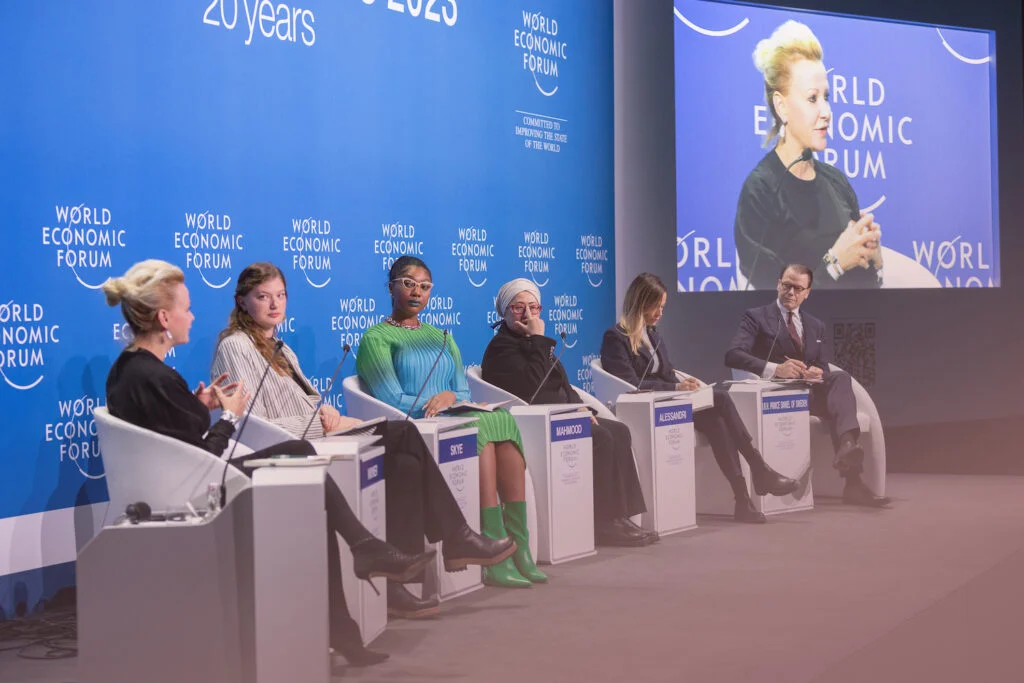
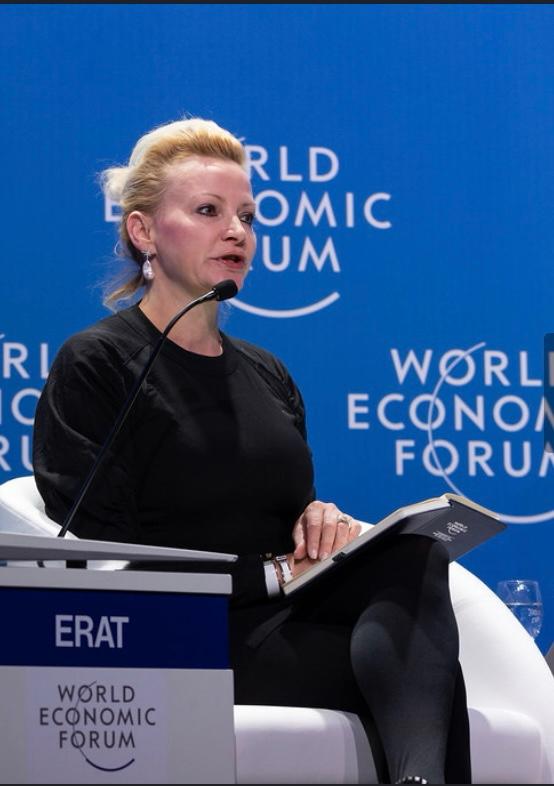
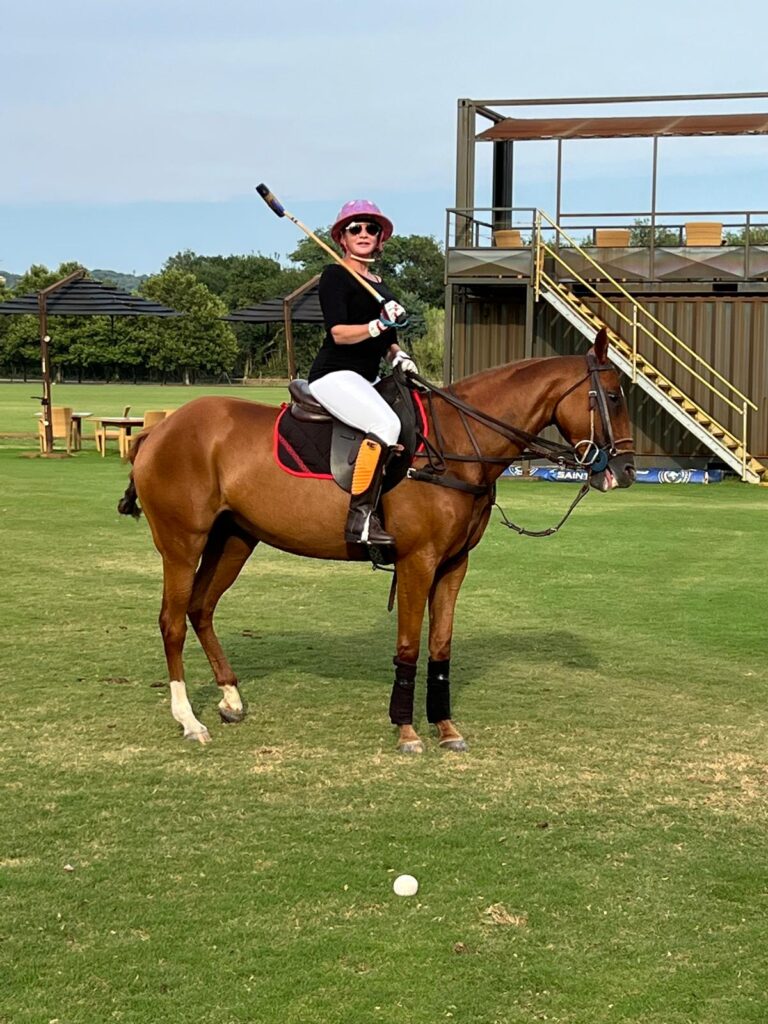
6. “You’re known for your work on healthy leadership and resilience. What do you see as the most crucial elements of leadership in healthcare, especially concerning stress management and well-being?“
“In leadership, fostering a culture of resilience is essential. This involves not just stress management but supporting healthy habits, strong relationships, and meaningful rest and regeneration.”
7. “During your post-doctoral research at Harvard, you focused on biomedicine and genetics. What key insights from your research have influenced your work?”
“My research focused on chronic inflammation, a major driver of aging and morbidity. This work continues to inform my approach in longevity medicine, as reducing inflammation is critical for extending healthspan.”
8. “Could you share any recent research or projects that excite you?”
“Currently, I’m involved in projects that bridge health tech and preventive medicine, fields that I believe hold immense potential for future healthcare solutions.”
9. “You’ve spoken about planetary health and longevity at global forums. What are the most pressing health issues today?”
“With over half the global population living in cities and projected urban growth, we must create environments that foster health for humans, animals, and plants. Our ecosystem’s balance is essential to our health, as nature provides remedies and nutrients that are foundational for human survival and wellness.”
10. “What lifestyle or medical strategies do you recommend for promoting longevity, especially among high-stress professionals?”
“Regeneration is as crucial as training. Recovery strategies—sleep, diet, supplements, and mental regeneration—are essential. Maintaining meaningful relationships is also vital for resilience.”
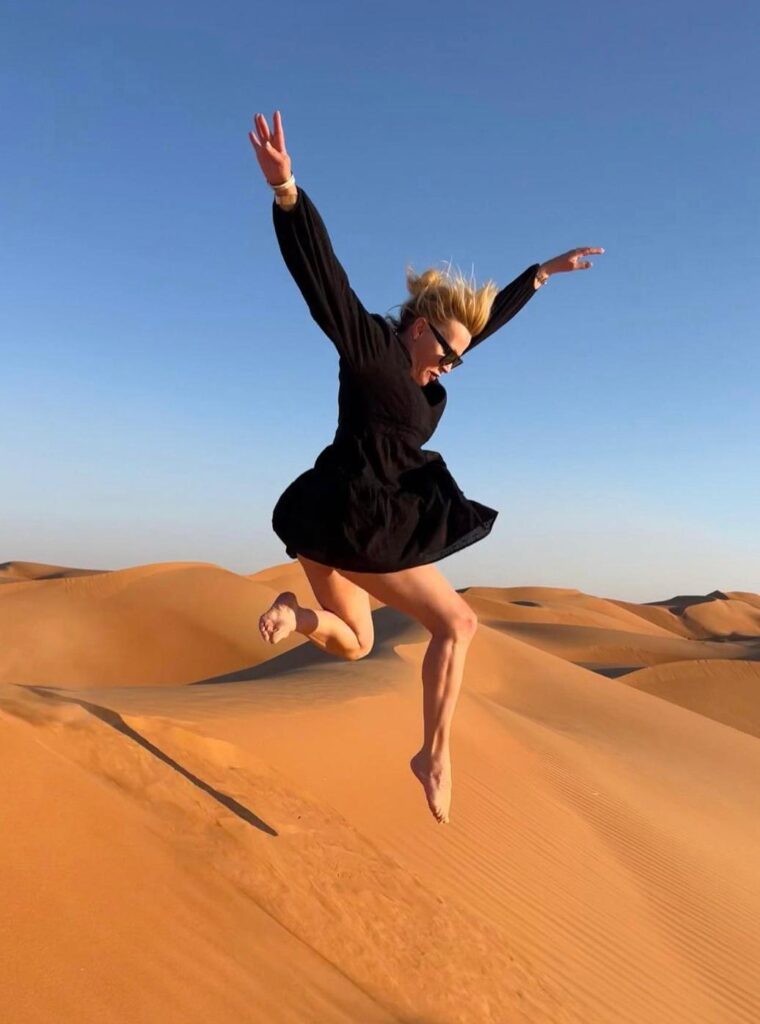
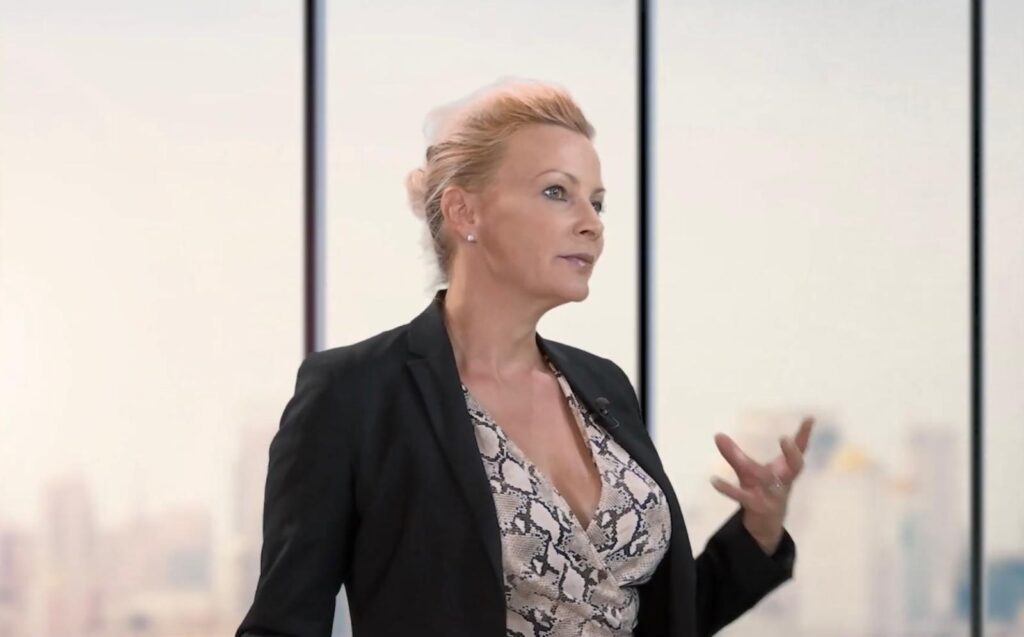
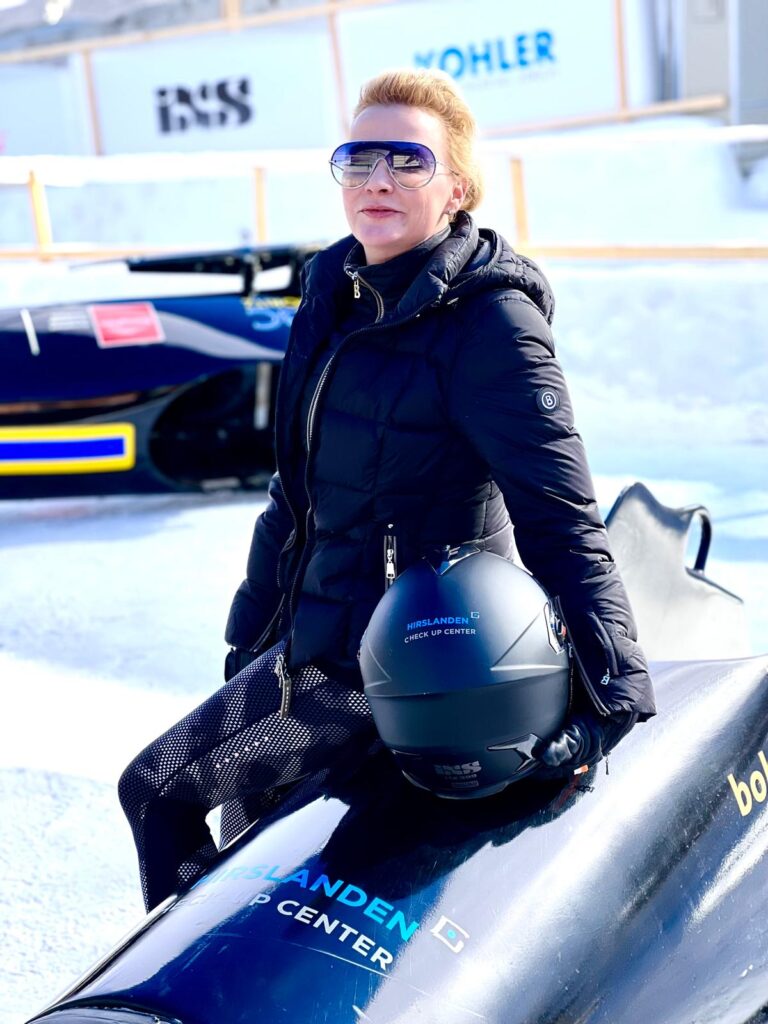
11. “You mentor students and teach at several institutions. What do you enjoy most about teaching, and how do you inspire the next generation?”
“Having had incredible mentors myself, I value giving back. Mentorship is reciprocal; mentors learn from their mentees, and sharing my atypical journey encourages them to explore innovative paths.”
12. “How do you choose topics for your publications and talks, and what impact do you hope to achieve?”
“My focus remains on healthy habits, prevention, and longevity. Through my work, I hope to promote a holistic approach to health and well-being that resonates with both medical professionals and the public.”
13. “You juggle clinical practice, research, and academic responsibilities. How do you maintain a balance between professional commitments and personal life?”
“I prioritize clear boundaries and set aside time for both professional and personal regeneration, ensuring I can maintain my well-being and effectiveness in all roles.”
14. “What are your future goals in medicine and research? Are there any emerging areas you’re particularly eager to explore?”
“The convergence of longevity medicine and AI is incredibly exciting. I look forward to exploring this area further and contributing to advancements in health longevity.”
15. “What advice would you give to young people considering a career in medicine?”
“Find a mentor! Mentors are invaluable in helping navigate the challenges of a medical career. Stay curious, explore different fields, and take the time as a student to gain international perspectives.”












Leave a comment